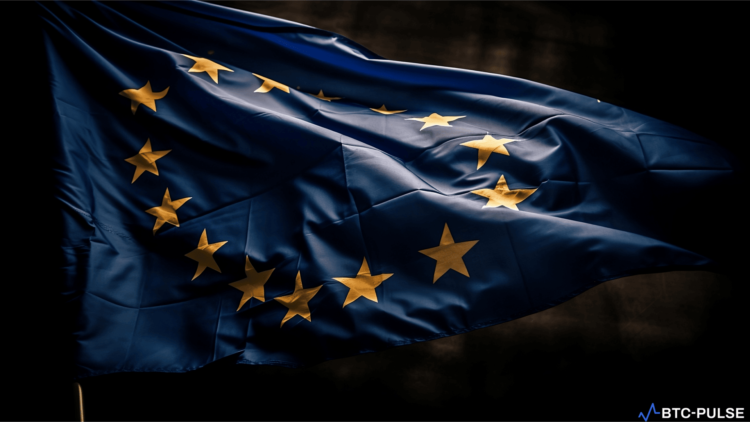EPRS Points Out a Global Necessity
The European Parliamentary Research Service (EPRS) highlighted the need for tighter oversight from non-European Union (EU) regulators to ensure greater stability and development in the global cryptocurrency market.
MiCA Act and Non-EU Implications
As the Markets in Crypto-Assets Regulation (MiCA) Act prepares for its December 2024 implementation, there’s a pressing demand for establishing a stringent regulatory framework in non-EU areas. The report states, “There are yet several channels through which the EU’s financial system and autonomy remain at risk as dependent on non-EU countries’ policy actions in the MiCA context.”
Financial Stability and the Role of Stablecoins
The report raised major concerns surrounding potential implications for financial stability, a diminished market appeal, and the mainstream utilization of stablecoins.
US and UK Regulatory Landscapes
The fragmented regulatory landscape in the United States involves a medley of state-level and federal stakeholders, causing indirect impacts on legal clarity and regulatory certainty. Meanwhile, the UK’s Financial Services and Markets Act (FSMA) signals a future divergence “between the UK and the EU in terms of how crypto-assets are identified.”
Malta’s Adaptation to MiCA
On Sept 18, The Malta Financial Services Authority (MFSA) began public consultations on modifying its crypto regulations to be more in sync with the forthcoming MiCA regulations.
Conclusion: A Call for Global Collaboration
The EPRS report underscores the intertwined nature of global financial systems, where the actions of one jurisdiction can have ripple effects across borders. As the EU takes significant steps toward streamlining its cryptocurrency regulations with the MiCA Act, it’s a clarion call for non-EU nations to match the pace. A synchronized approach to regulation can ensure not only the stability of financial systems but also the broader, mainstream acceptance of cryptocurrencies. With individual nations like Malta already making strides in this direction, the future of a harmonized crypto-regulatory landscape seems promising but requires concerted efforts globally.










